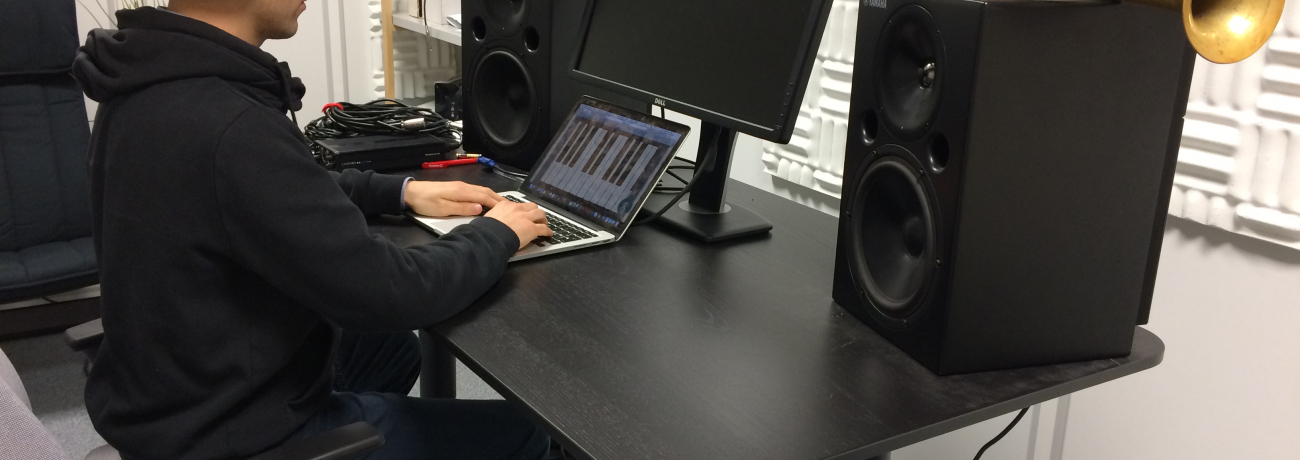Whether for improving and enriching the sound quality of public places (sound ambiences), sound creation related to manufactured objects (transport, multimedia) or media (film soundtracks, radio, etc.), and even data sonification, the generation of audio sequences or musical/environmental soundscapes is useful in many areas of sound design.
The project aims to develop interactive tools and methods for sound and soundscape design that integrate the user experience into the design process.
WINNER OF THE CALL FOR RESEARCH PROJECTS 2019
Regional laboratory involved: the LS2N (Centrale Nantes), in partnership with the IRCAM
This project is co-funded by the Région Pays de la Loire (West Creative Industries), the École Centrale de Nantes and the IRCAM.
Presentation
The various applications of sound design raise a problem of design or creation applied under constraints, the designer having to satisfy specifications that are difficult to formalize, generally defined by semantic criteria (design brief). Sound prototyping (synthesis) tools can help the designer in an iterative process of design/evaluation of the listening experience, but remain limited in their capacity to explore the possibilities.
In this context, tools for creation assistance, or even automatic or interactive composition, constitute an innovative avenue for a selection of relevant sound samples as well as their organization, and even the sound synthesis of complete excerpts.
Objectives and Methodology
The scientific objectives of this thesis project are to :
- Determine appropriate testing protocols for integrating a user’s listening experience into an interactive sound creation process ;
- Propose sound synthesis methods (or adaptations of existing methods) allowing for prototyping sounds and manipulating them in an interactive way. Granular synthesis and new approaches to sound synthesis by deep neural networks could be discussed ;
- Develop interactive and iterative methods for the optimization of sound extracts. The focus will be on Interactive Evolutionary Computation (IEC) methods, in particular Interactive Genetic Algorithms (IGA).
The application developed will be elaborated in consultation with the candidate. It may concern the issue of data sonification, the creation of sound packaging (computer-assisted music composition) for living spaces, as well as acoustic design issues related to the perceived acoustic quality of products. It could, for example, first focus on the sonification of electric vehicles, for which the partner teams have already achieved significant results.
Perspectives
The project may lead to a transfer of results to socio-economic actors, in particular through the development of tools for sound design.
Calendrar
Duration: three years, from 01/10/2019 to 30/09/2022.
Contacts
Jean-François Petiot, Professor of Mechanical Engineering (integrated customer-oriented design) at the École Centrale de Nantes and researcher at the LS2N jean-francois.petiot@ec-nantes.fr


